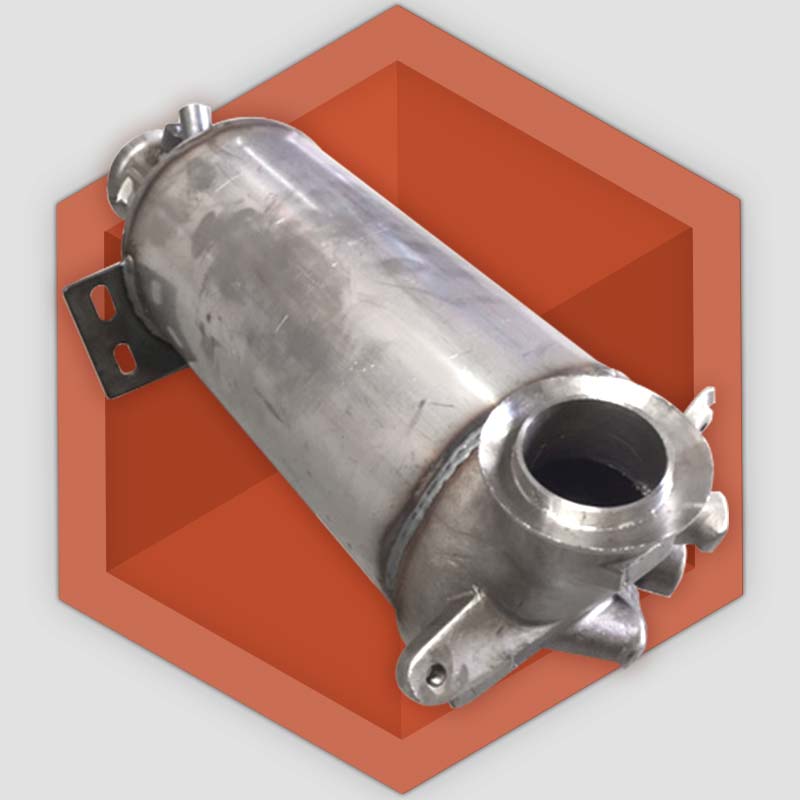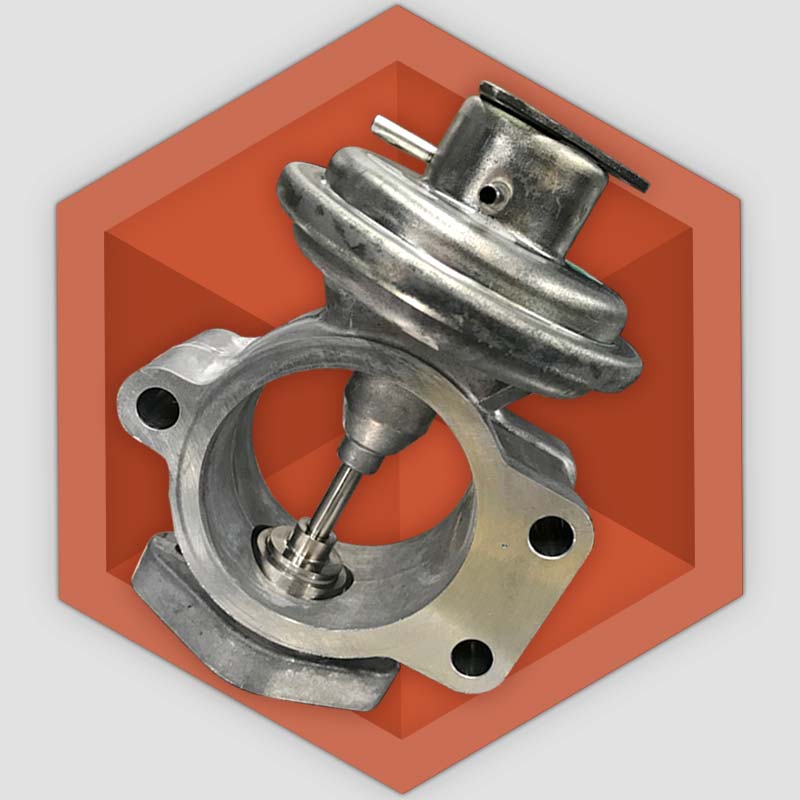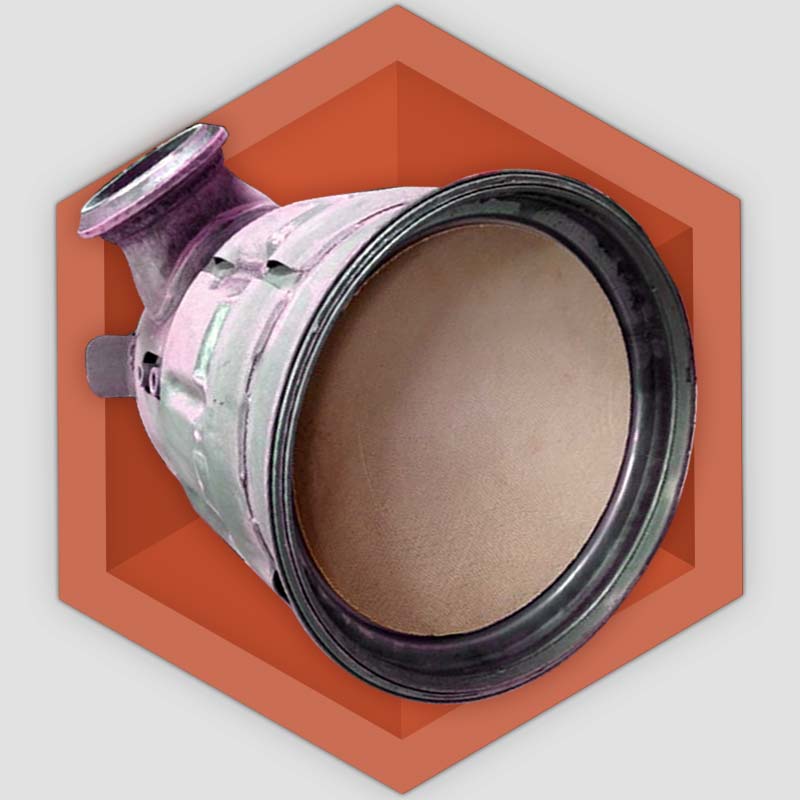



DPF Cleaning Services - Using Machinery from Around the Globe
Western Filters is entrusted by many OEM companies as their preferred DPF Cleaning Service Provider ! We clean DPFs, EGRs, DOCS, Catalytic Convertors, inter-coolers, manifolds along with other components. In 2014, Western Filters made the decision to substantially invest in the finest range of DPF cleaning machinery from around the globe. We provide the latest technology, offering our customers best performance at an economical price with a fast turn around. When we clean your DPF you receive a full ‘Before & After’ report – so you’ll the exact condition of your DPF. Western Filters Cleaning Services include; DPFs, EGRs & CEGRs, DOCs, CATs, Intercoolers, Manifolds, etc. Most diesel vehicles since 2013 are fitted with a DPF which require a regular service known as ‘de-ashing’ or filter cleaning. The filtering occurs as the flow passes through the square chanelled wall. This process is required to remove unburnt soot and ash that has accumulated in the DPF. An added benefit of having your DPF cleaned is improved performance. DPFs have thousands of small square channels made from porous, honeycomb ceramic material, delivering 99.9 percent Pm-free gas flows out the tailpipe.
What is a DPF ? /a: A Diesel Particulate Filter
DPFs have thousands of small square channels made from porous, honeycomb ceramic material, delivering 99.9 percent Pm-free gas flows out the tailpipe. The filtering occurs as the flow passes through the square channelled wall. Most diesel cars are fitted with a Diesel Particulate Filter (DPF) which will eventually need to be cleaned. DPFs require a regular service to remove unburned lube oil that has accumulated in the DPF. The material that is removed from the DPF during cleaning is considered hazardous waste and must be properly handled and disposed of in a safe and controlled environment. An added benefit of having your DPF cleaned is improved performance. The Western Filters DPF Cleaning Service will recover alot of the lost performance of a reasonably aged, quality DPF. DPFs require a regular service known as ‘de-ashing’ or filter cleaning. This process is required to remove unburned lube oil that has accumulated in the DPF. Our DPF Cleaning Service is recognised as one of the best in the world.
What is an EGR ? /a: An ‘Exhaust Gas Recirculation’ Valve
In internal combustion engines, a nitrogen oxide (NOx) emissions reduction technique used in petrol/gasoline and diesel engines, is possible using an EGR Valve (Exhaust Gas Recirculation). The exhaust gas recirculation valve is a component commonly found on many road going vehicles. EGR Valves work by recirculating a portion of an engine’s exhaust gas back to the engine intake manifold, this along with air being returned from the PCV VALVE which is laden with oil (unless you have fitted a quality oil catch can !) mixes over time to produce a thick black oily sludge that is very hard to remove, until now ! Engine performance and efficiency is lowered, as a result of built up soot. We can clean EGR valves using the latest our latest technology machinery and have them looking like new ! Western Filters have a very fast turn around time to get you or your customers car back on the road in no time at all !
What are the Symptoms of a Faulty or Failing EGR Valve ?
:: rough idling – indicates that the valve may be stuck in the ‘open’ position
:: engine performance acceleration issues and/or limp mode with decreased power or Check Engine Light keeps coming on – indicates stuck in the closed position.
What is a DOC ? /a: A Diesel Oxidation Catalyst
A DOC increases oxidation of carbon in the DPF by increasing passive regeneration which in turn, improves fuel economy. Passive regeneration is an ongoing chemical process to oxidize carbon during a vehicle’s normal operation. “Self-Cleaning”. Active regeneration is a process that increases heat to oxidize excess carbon in the DPF.
What are CATs ?
A catalytic converter is an exhaust emission control device that converts toxic gases and pollutants in exhaust gas from an internal combustion engine to less toxic pollutants by catalyzing a redox reaction (an oxidation and a reduction reaction). Catalytic converters are used with internal combustion engines fuelled by either petrol (gasoline) or diesel—including lean-burn engines as well as kerosene heaters and stoves.

